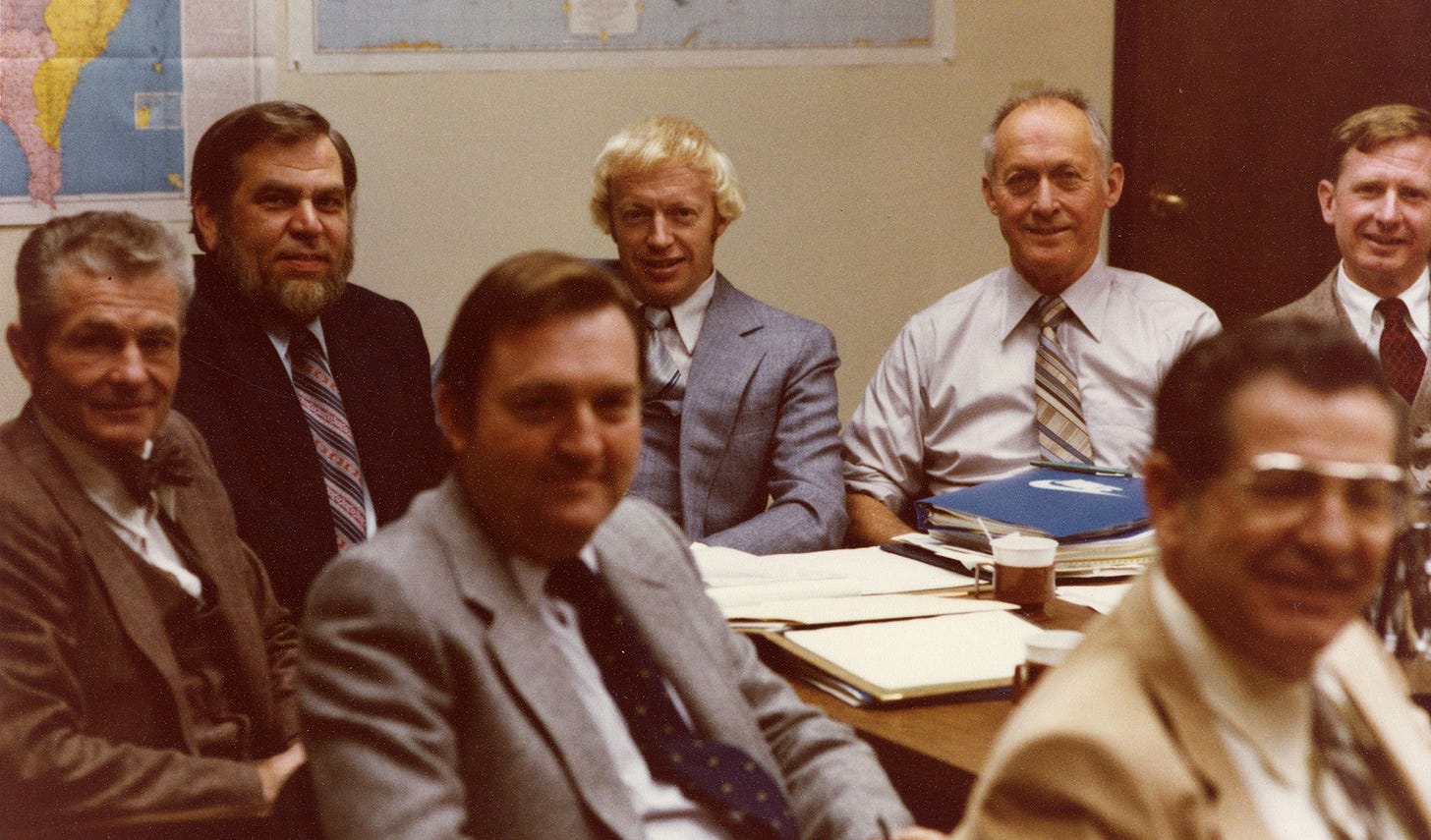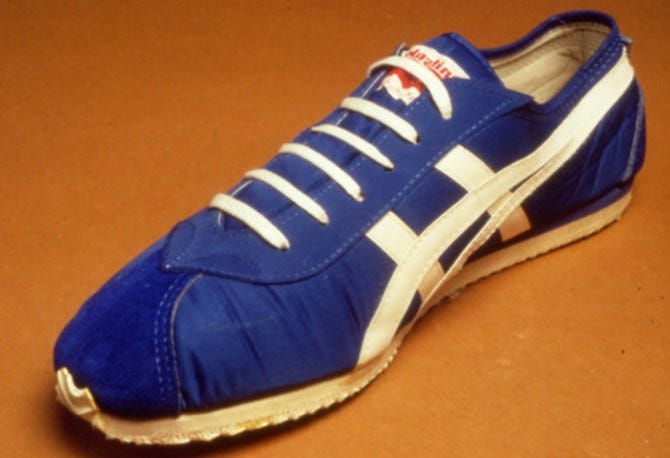Running the Long Race
Shoe Dog's Insights on Founder Resilience and Investing
From Crazy Ideas to Enduring Value: Shoe Dog's Lessons on Building a Business with Soul (and a Moat)
Phil Knight's memoir, Shoe Dog, isn't just a business biography; it's a masterclass in building a brand with soul, navigating near-constant crises, and fostering a culture that acts as an impenetrable moat. Shoe Dog offers invaluable insights into identifying and understanding the intangible qualities that transform a company from a mere entity into an enduring enterprise. While we often focus on the numbers, Knight's journey reminds us that the human element, the unwavering belief, and the unique spirit of a company are critical ingredients in creating value over the long run.
Reading Shoe Dog is the account of the relentless hustle, the near-death experiences, and the unwavering belief in a "Crazy Idea" – selling Japanese running shoes in America. As investors seeking businesses with durable advantages, Knight's story underscores the power of perseverance and the significance of building a culture that's difficult, if not impossible, to replicate.
The Indomitable Spirit
Knight’s journey is a testament to the power of conviction. His initial idea was met with skepticism (particularly from his parents in the beginning), but his passion and tenacity were unshakeable.
"The cowards never started and the weak died along the way. That leaves us, ladies and gentlemen. Us."
- Phil Knight speaking to his Nike team in the early days
For investors, this emphasizes the importance of understanding a company's ability to navigate adversity and emerge stronger.
Swoosh: Building a Brand with Soul
Nike is more than just athletic apparel; it’s a cultural icon. Shoe Dog reveals that this wasn't a meticulously crafted marketing plan from day one. It was born from a genuine love for running, a desire to offer athletes better equipment, and a deep connection with the "tribe" of runners. This authentic core became the soul of the brand, attracting loyal customers and talented employees who believed in the mission.
A brand with soul isn't easily copied. Think of classic Disney and Nintendo franchises. There’s nothing particularly difficult in a technical sense to replicate there and yet many have failed along the way to trying. These brands fosters emotional connections with consumers, leading to brand loyalty, pricing power, and a sustainable competitive advantage. Knight's early focus wasn't on maximizing profits but on serving the athlete. This ultimately built a brand that transcended mere functionality.
“Don’t tell people how to do things, tell them what to do and they will surprise you with their ingenuity.”
- Phil Knight on leading people
This philosophy, applied to both product development and brand building, allowed Nike to tap into a deeper emotional current.
The Power of the Misfits
One of the most compelling aspects of Shoe Dog is the vivid portrayal of Nike's early culture. It wasn't a traditional corporate environment; it was a collection of passionate, often quirky individuals bound by a shared purpose. This unique culture became a significant competitive advantage, fostering innovation, creativity, and unwavering loyalty.
“We were an unlikely bunch, a motley crew. But we had a shared sense of purpose, a common goal, a burning desire to make our mark.”
- Phil Knight on his early team dynamic
This "motley crew," given autonomy and driven by a shared mission, became a wellspring of innovation and a fiercely loyal force. This underscores the power of a strong company culture. It's not just about ping pong tables and free snacks; it's about shared values, a sense of belonging, and a collective drive that’s incredibly difficult for competitors to replicate. A thriving culture attracts and retains top talent, fuels innovation, and enhances productivity – all contributing to a wider economic moat.

Key Takeaways
Perseverance is Paramount: Building a truly great business takes time, resilience, and the ability to overcome countless obstacles. Seek out companies with founders and management teams that demonstrate this unwavering commitment.
Soul Trumps Strategy (Sometimes): A brand with a genuine purpose and an authentic connection with its customers possesses an enduring advantage. Look beyond the marketing campaigns and understand the core values driving the business.
Culture is a Moat: A strong, unique company culture is a powerful, often overlooked, competitive advantage. It fosters innovation, attracts talent, and builds loyalty. Invest in companies where the culture is palpable and contributes directly to the business's success.
Embrace the "Crazy Ideas": Disruptive innovation often stems from unconventional thinking. Be open to companies with bold visions and founders who are willing to challenge the status quo.
Qualitative Factors Matter: While financial analysis is crucial, don't underestimate the importance of qualitative factors like brand reputation, company culture, and the founder's vision. These intangible assets can be incredibly valuable over the long term.



